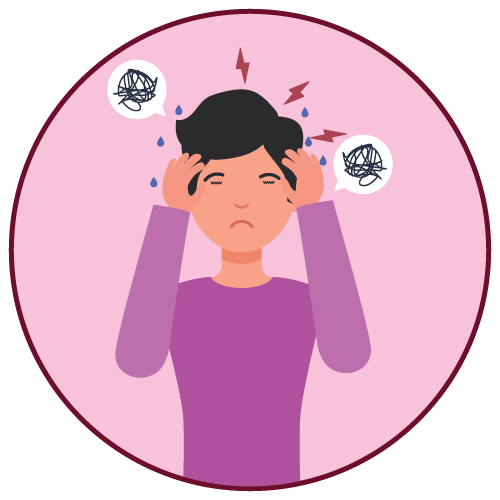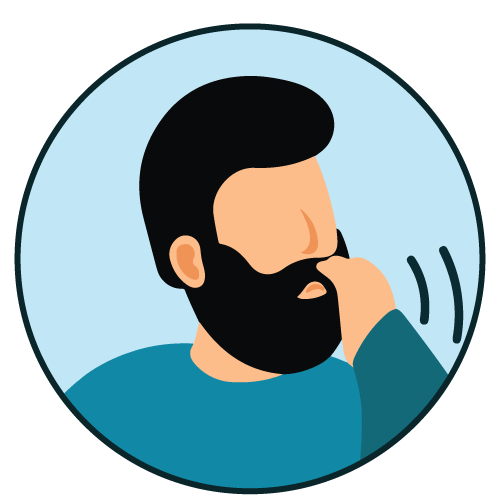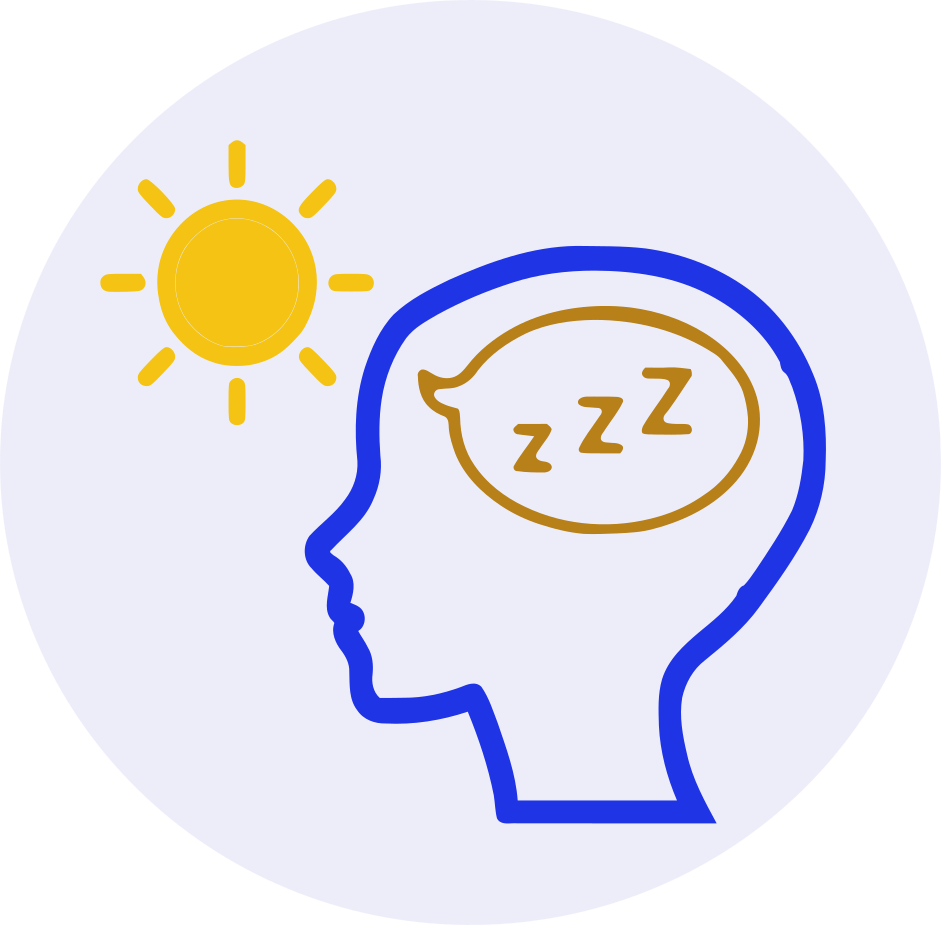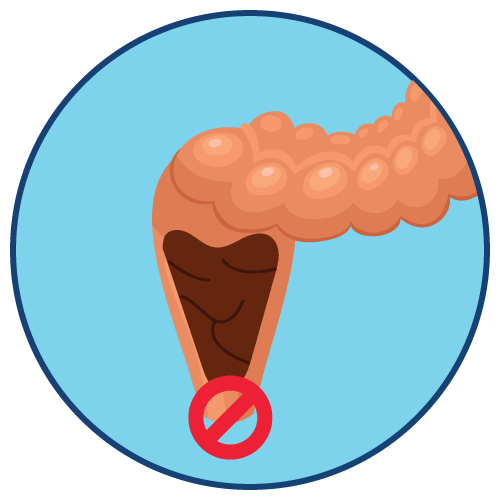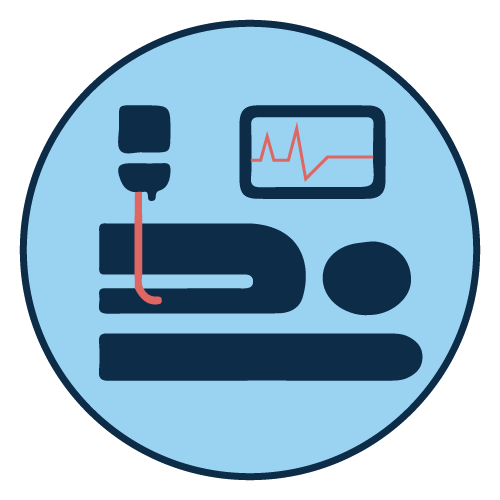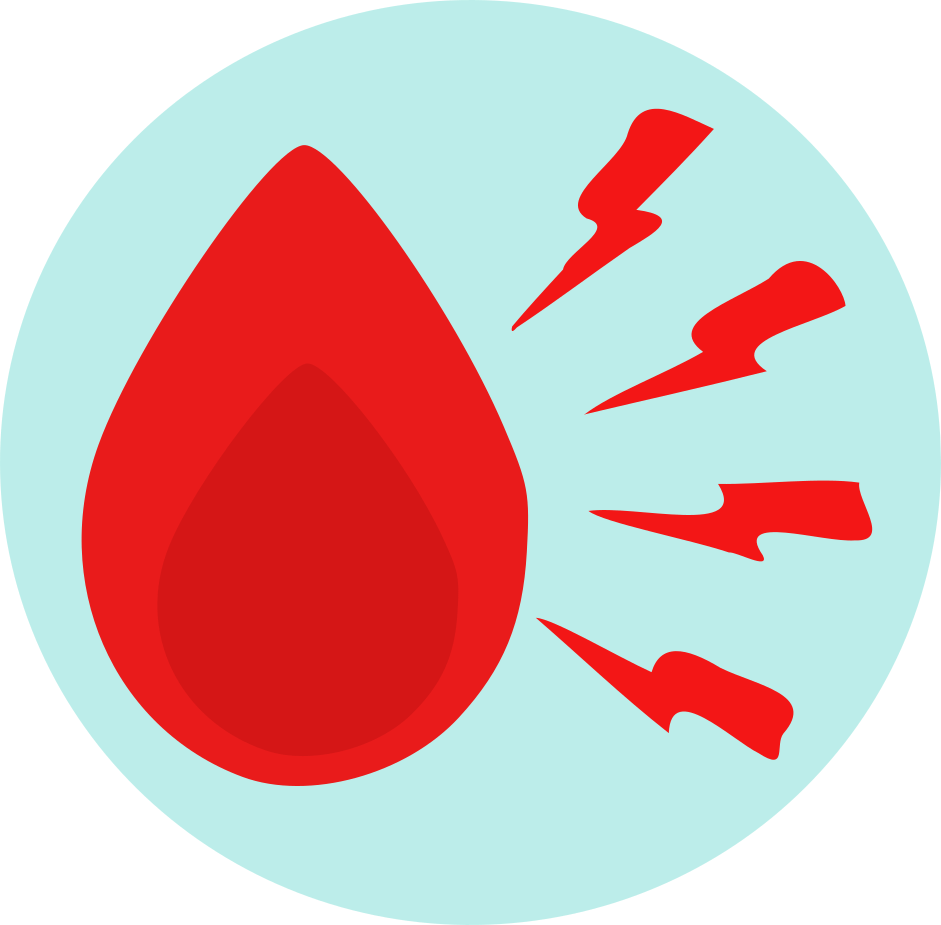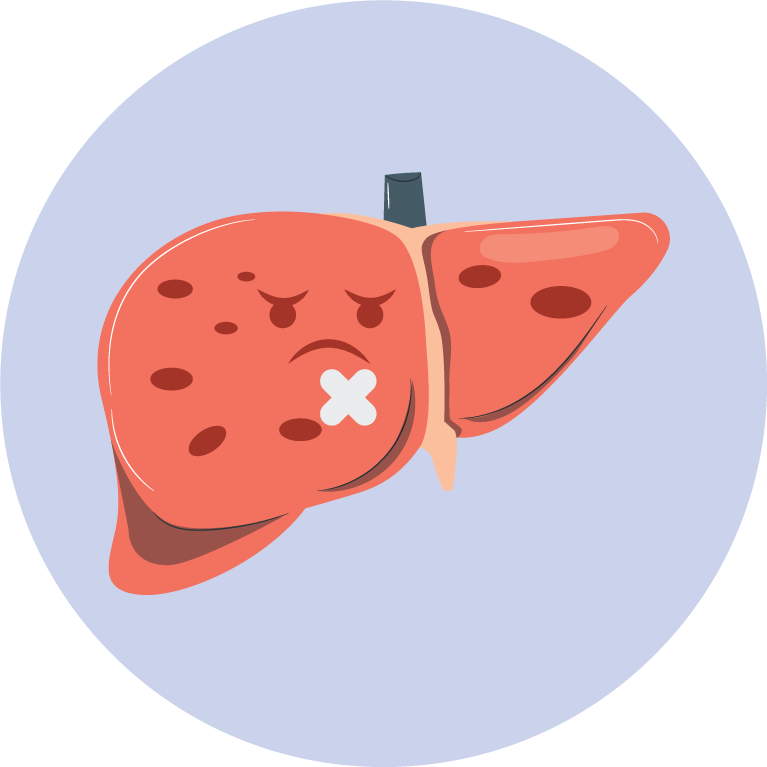| Name | Chlorpromazine Hydrochloride |
| Classes |
Central Nervous System Agent Psychotherapeutic Agent Antipsychotic Agent Phenothiazine |
| Diseases |
Anxiety Depression Hiccups Mental Disorder Nausea Panic Attack Tetanus Vomiting |
Chlorpromazine Hydrochloride
Chlorpromazine Hydrochloride is a typical antipsychotic medication that belongs to the class of phenothiazines. The drug exerts its effects by blocking dopamine receptors in the brain. This leads to decreased dopamine activity and increased activity of other neurotransmitters like acetylcholine and norepinephrine. The exact mechanism of action is not fully understood but is believed to involve central nervous system depression.
Chlorpromazine Hydrochloride is indicated for the management of symptoms of various psychiatric disorders such as schizophrenia, manic disorders, and other psychotic disorders. It is also used as an adjunct treatment for severe nausea and vomiting, as well as in the management of intractable hiccups.
The dosage of Chlorpromazine Hydrochloride varies depending on the condition being treated, the severity of the symptoms, and the patient's age, weight, and medical history. It is typically administered orally, but can also be given intravenously or intramuscularly. The medication should be taken with food to minimize gastrointestinal side effects. The dose should be adjusted carefully and under the supervision of a qualified healthcare professional.
- Acute Schizophrenia/Manic States:
- 500 mg orally per day
- Less Acutely Disturbed
- Initial dose: 25 mg orally 3 times a day
- Maintenance dose: 400 mg orally per day
The most common adverse reactions associated with Chlorpromazine Hydrochloride include:
- Drowsiness, sedation, or lethargy
- Dry mouth
- Dizziness
- Constipation
- Blurred vision
- Hypotension
- Urinary retention
- Weight gain
- Chlorpromazine Hydrochloride should be used with caution in patients with a history of seizures, liver or kidney disease, heart disease, glaucoma, or respiratory disease.
- The medication may cause drowsiness, dizziness, or impair the ability to operate machinery or drive a vehicle.
- Patients should avoid alcohol and other CNS depressants while taking Chlorpromazine Hydrochloride.
- The medication may cause hypotension, especially in patients with preexisting hypotension, or those taking antihypertensive medications.
- Patients should be monitored for extrapyramidal symptoms and tardive dyskinesia, which may occur with prolonged use of the medication.
- The medication may cause photosensitivity, and patients should avoid exposure to direct sunlight or artificial UV light.
- Chlorpromazine Hydrochloride may cause blood dyscrasias, and patients should have regular blood cell counts.
Contraindication
Chlorpromazine Hydrochloride is contraindicated in patients with a known hypersensitivity to the medication or any of its components or or other phenothiazines such as-
- The medication should not be used in patients with severe central nervous system depression or comatose states.
- It is also contraindicated in patients with a history of blood dyscrasias or hepatic dysfunction.
|
|
 Bangla
Bangla English
English